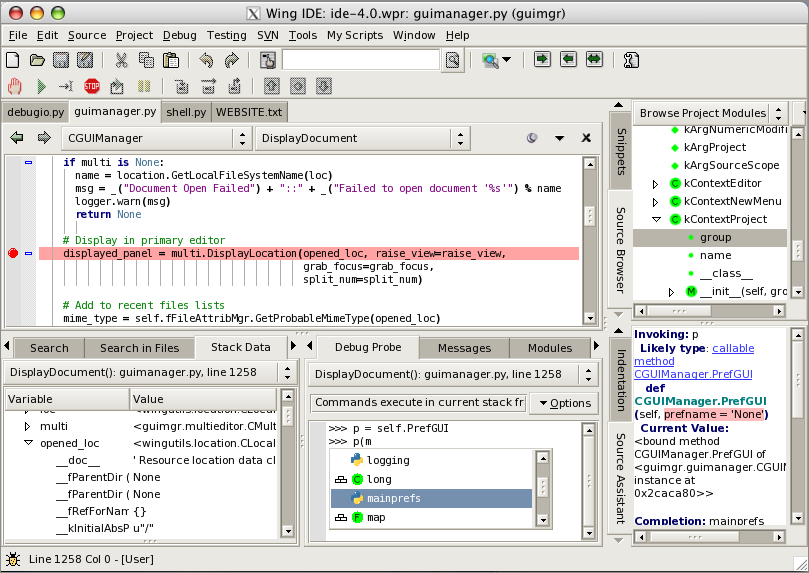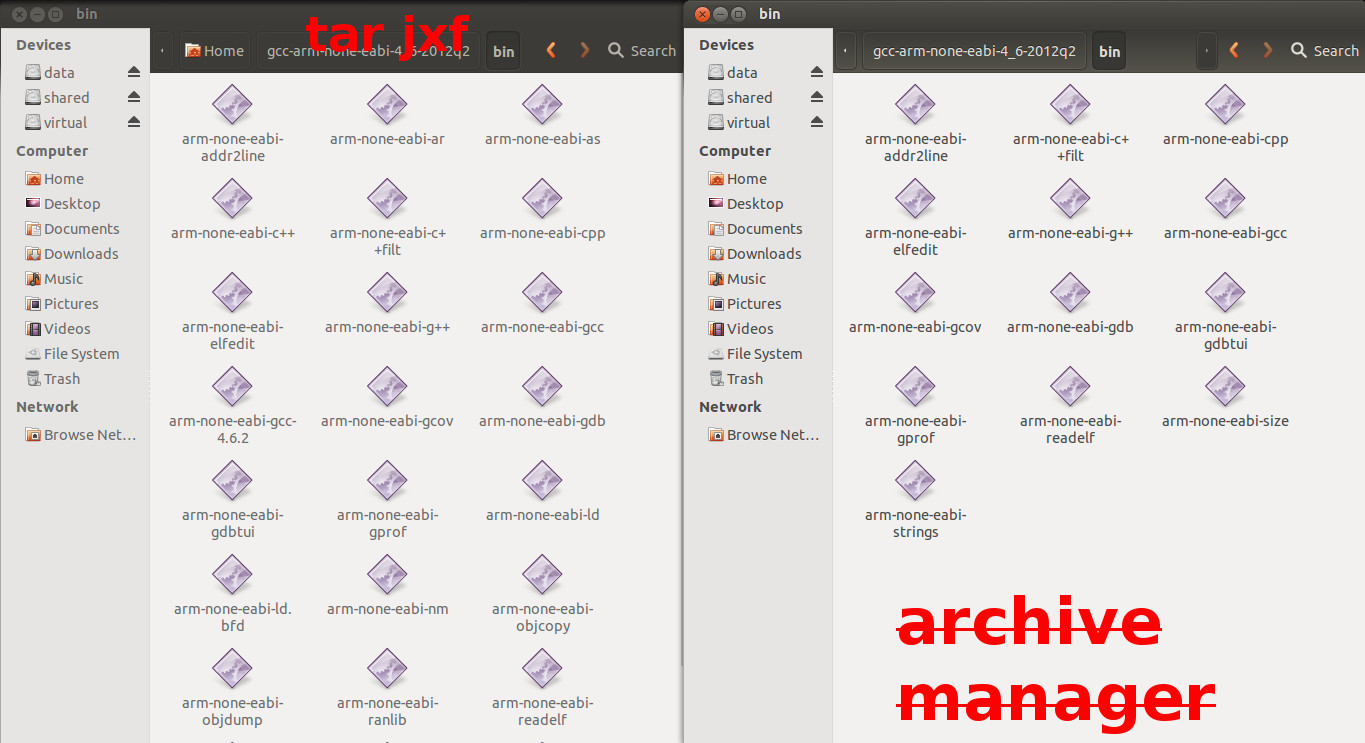
- STM32F4 FREE C COMPILER INSTALL
- STM32F4 FREE C COMPILER SOFTWARE
- STM32F4 FREE C COMPILER CODE
- STM32F4 FREE C COMPILER TRIAL
Note the toolchain must be in the system path after installation. There are a number of toolchains for ARM, for instance, Clang and GCC are free and both supported by CLion, and there are a number of other compilers (Keil, IAR, Raisonance, etc). Cross-platform here means you run them on your PC or Mac, but the result can be only run under the target environment, which is ARM MCU in our case. ToolchainĪ toolchain is a set of cross-platform tools to compile and link your program.

Now CLion has an additional run configuration, two additional menu items in Tools, and one more in the Settings dialog tab.
STM32F4 FREE C COMPILER INSTALL
Click the Install button and restart CLion after the installation. Open the Settings dialog, go to the Plugins tab, click Browse Repositories… and find the plugin using the openocd keyword. To use a toolchain, you need MinGW or Cygwin on Windows, and binutils on Linux.
STM32F4 FREE C COMPILER TRIAL
The one-month trial license is enough for the first try. Run the installer and follow the instructions. You can download it directly from the JetBrains site. The same example, with minimal changes, can be done using any of STM32 board of Nucleo, Discovery or EVAL series, since they all have LEDs onboard.įirst of all, you need the IDE itself. Today we will run a small demo project (It’s gonna be blinking LEDs! Surprise!) using one of the most popular boards – STM32F4-Discovery.

Now the plugin is in beta stage, published to the JetBrains plugin repository, and I am glad to show how it works. I managed to run this environment with vanilla CLion, but the project setup was quite complicated and time-consuming, and at some point, it turned into the idea to write my own plugin for CLion, which puts it all together. Also, there is no need anymore to reflash any on-board probes, we can use it as-is, even for flashing your production target devices (refer to ST Nucleo or Discovery board user reference). This unlocks the possibility to get rid of both SEGGER license limitations and using a commercial debugger in favor of open-source tools. Now it’s possible to use OpenOCD (Open On-Chip-Debugger) as a flash probe and as a remote gdb server. Fortunately, during this time, both CLion and CubeMX were improved a lot, made more stable, and, most importantly, CLion now supports remote GDB.


Now it’s time to show what I’ve managed to achieve. Of course, I wasn’t happy having all of those problems and tried to find better solutions. That combo seems to be a working solution, but, on the other hand, there were some complications with the re-flashing probe, with running an external debugger (why would we run one if we already have awesome CLion?), also there were SEGGER license limitations, etc.
STM32F4 FREE C COMPILER CODE
Long story short, I used an ST demo board (reflashed into SEGGER JLink-compatible probe), STM32CubeMX code generator, GCC ARM toolchain, and SEGGER Ozone on-chip debugger to run some demonstration project.
STM32F4 FREE C COMPILER SOFTWARE
An alternative approach from Klaus Nagel in a small demo project on GitHub: Embedded Development on STM32 with CLion and the Segger Tools.ĭIY Electronics and Embedded Programming EnthusiastĪbout one and a half years ago I wrote a blog post about using CLion for embedded software development.


 0 kommentar(er)
0 kommentar(er)
